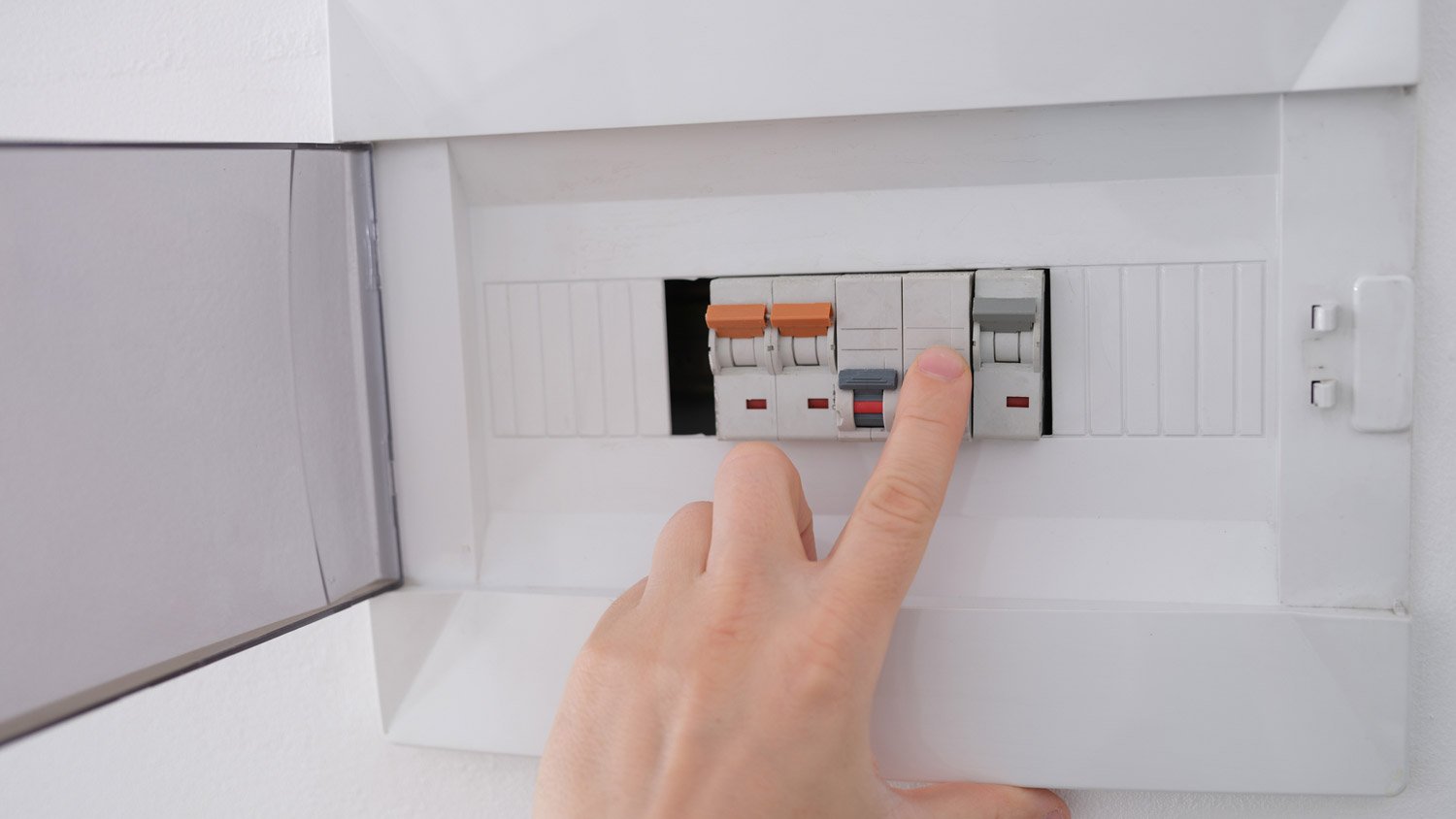
How much does rewire house cost in Columbus? Learn the major factors that impact the price and how it can help increase your home's value.
Stay calm and work quickly to put out an electrical fire


Learning how to put out an electrical fire as it's happening isn't a recommended fire prevention method. However, knowing a few immediate ways to put out a small electrical fire immediately can avoid extensive fire damage and help keep you safe. Keep in mind that you should not attempt to subdue large electrical fires and instead evacuate quickly and call in local fire authorities.
An electrical fire is a fire that results from an electrical fault or overheating, usually in wiring or electrical components. An electrical fault can be an arc or short circuit within a system, or it can be a problem with an electrical component or device, such as loose wiring or excessive resistance that creates heat. Generally, an electrical fire starts in an electric system or part and ignites nearby flammable objects, spreading throughout the home quickly.

Only follow the steps below for small electrical fires. If at any point you feel the situation is unsafe, leave the building immediately and call 911.
Many small electrical fires are containable by taking the electricity out of the equation. Turn off the electrical current by unplugging the device, turning off a nearby switch, or switching off the associated breaker switch. This method is best used when the fire is isolated to one electrical device, such as a kitchen outlet.
Once the fire is completely eliminated, take time to clear smoke out of the house and let the area cool off before resetting the breaker switch. Consult your local fire authorities about how long to wait before turning the breaker back to the “on” position after a small electrical fire.
In a fire situation, you won't have much time to find a solution. However, if baking soda or sodium bicarbonate is nearby, you can use it to remove the fire's oxygen supply by dousing it with enough to smother the flames. Remember that this method is only recommended for small fires.
Don't confuse baking soda with baking powder. Baking soda isn't flammable, while baking powder is highly flammable and can cause explosive reactions under the right conditions. If you can’t turn off electricity to the inflamed area, work carefully to avoid touching the appliance or affected objects while dumping baking soda.
Typical fire extinguishers for use in homes can put out class A, B, and C fires. Electrical fires are class C. If you have a fire extinguisher rating class C or ABC in arm’s reach, use it to put out the flames by aiming the nozzle at the base of the fire. Follow instructions on the extinguisher canister for best results.
If you have a dense article of clothing or blanket at hand, you can cut the oxygen supply to the fire by smothering the flames with it. Place the blanket directly on the fire and avoid waving it and fanning the flames, making the situation worse. If you work quickly, a fire blanket or other thick-fabric blanket can put out a small electrical fire quickly.

Prevention is the easiest and most reliable way to protect you and your family from electrical fires. Follow these tips to prevent potentially having to put out flames later.
Hire a qualified local electrician to conduct an electrical safety inspection and follow any recommendations for repairs and updates.
Avoid overloading outlets by plugging in too many devices with multiple-outlet adapters.
Use caution when using extension cords, and check the cord's wattage rating against the items you're using. Avoid long-term extension cord use or using them for heating or cooling devices.
Maintain electrical devices and appliances to keep them free from damage and in good working order.
From average costs to expert advice, get all the answers you need to get your job done.

How much does rewire house cost in Columbus? Learn the major factors that impact the price and how it can help increase your home's value.

Keep pool-side dreams from getting short-circuited by being aware of pool electrical installation costs and how they can affect your overall budget.

How much does adding an electrical outlet cost in Columbus? Get details on average pricing, permit needs, and what affects the total cost.

Your home might have a variety of electrical outlets, depending on how old the structure is and what type of appliances you use. Learn the different types of outlets, how they work, and how you use them.

If your light switch won’t turn off, try these troubleshooting tips to identify the problem before contacting a local electrician.

Are there outlets not working in one room in particular? Learn what could be causing the issue and how to solve the problem.